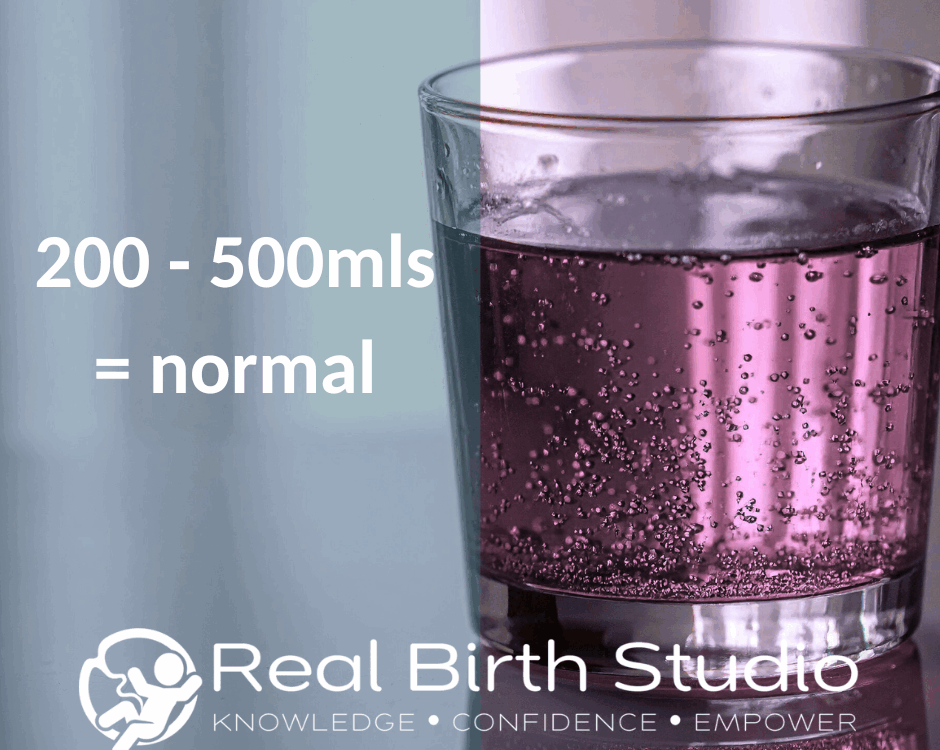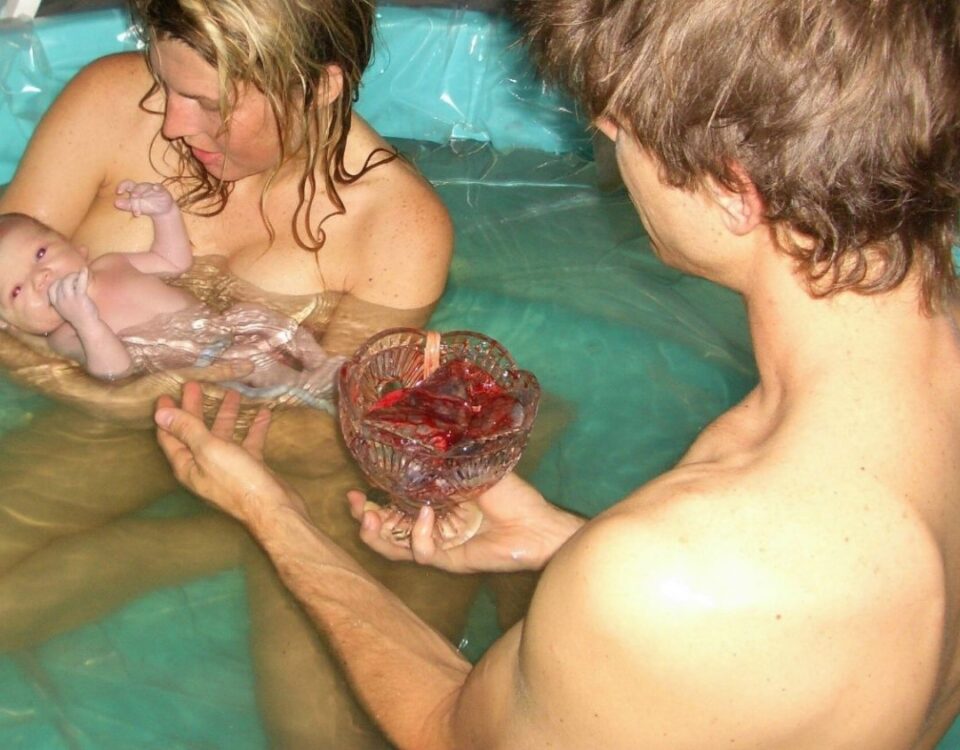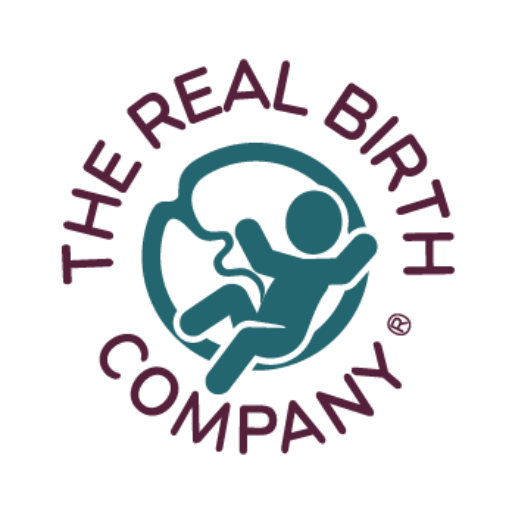
Induction of labour – Decisions you can make if you have an induction of labour
21 April 2021
Bleeding after Birth – what you need to know!
22 April 2021The most that many of us think about our baby’s amniotic fluid – our ‘waters’ – is whether they will break in bed and ruin the mattress, or in the middle of the supermarket (do they still let you take your shopping home for free when that happens?!)
And yet, look a little deeper and you’ll find that your waters are truly magical, and really quite fascinating when you learn more about them.
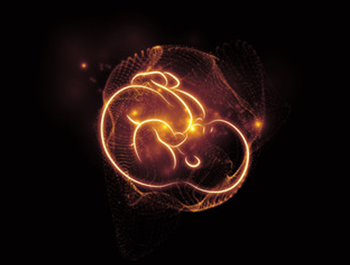
What is amniotic fluid made of?
First of all, waters are not actually water! And yet the amount of fluid around our baby can be increased if we drink more water. Conversely, sometimes if we’re dehydrated our waters can be lower than is ideal. This is worth knowing if a scan shows our waters to be a little low, as sometimes drinking a large glass of water can help. So, a lot of the fluid is made up of water, but it’s also packed with fascinating and vital hormones, minerals, and other vital substances – and urine!
Yes, a very large part of amniotic fluid is your baby’s wee, and it comes from them swallowing the fluid, and then it passes out from their body, just like they’ll wee when they’re born. But why would they do that? What benefit is there to the baby of swallowing and weeing the fluid they’re floating in?
What does amniotic fluid do?
Within the amniotic fluid, there are molecules of magical ingredients which help your baby’s cells to grow and be healthy. After your baby swallows these they pass into their intestines. Some are then taken into the body to help cell growth processes. Others are used to create a healthy gut wall. Amniotic fluid is important in the health and development of every cell in your baby’s body.
Amazingly, there are some substances that are in amniotic fluid which are also found in breastmilk (but not formula). One of these substances, called Epidermal Growth Factor, has been shown to heal injuries in unborn animals and may also be important for ensuring that the lungs are healthy. This substance isn’t well understood, but we’re learning more about it all the time.
Another substance that is in both amniotic fluid and breastmilk is called Transforming Growth Factor Alpha. We are still learning more about this too, but fascinatingly, it’s higher in the breastmilk of women and people whose babies are born before 27 weeks than after 27 weeks, which implies that this is a very important substance for the baby’s development which our bodies ensure the baby still gets even if they’re born too early.
Babies breathe liquid?
As well as swallowing amniotic fluid into the stomach, the unborn baby will ‘breathe’ the fluid from as early as 10 or 11 weeks of pregnancy! This isn’t breathing as we know it, and not just because it’s fluid that is going into the lungs rather than air. The baby isn’t taking in oxygen from the amniotic fluid. They also don’t need to breathe all the time, in fact towards the end of pregnancy they may take ‘breaths’ for less than half the time. Nevertheless, these practice breaths are really important to the baby. They are learning the process of breathing which of course they will need to start doing themselves within a few minutes of birth, and substances in the amniotic fluid are also important when it comes to maturing the lungs, and ensuring they’re ready.
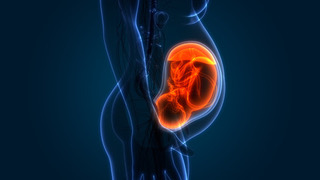
A protective cushion
Amniotic fluid isn’t just helping to grow a healthy baby, it also has a protective function both inside and out. Your waters are like your baby’s own cushion, keeping them safe and cosy while they grow inside you. This physical barrier, like a pillow you’re carrying in front of you, is important to ensure your baby isn’t harmed by everyday bumps and jolts but it also provides other forms of protection that are less visible but just as essential. Inside your baby’s amniotic fluid there are antibodies designed to fight off viruses, bacteria and fungi, working together to keep your baby safe and sound until they’re ready to face the world.
In Summary
So, when your waters do break, spare a thought for the miraculous liquid that has now done its job and is no longer needed, but which has snuggled and nurtured, protected and grown your baby for the last nine months. While it might be a bit messy, it’s also a bit magic!

